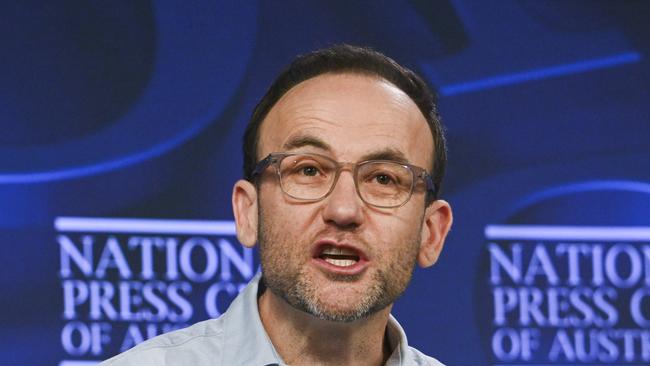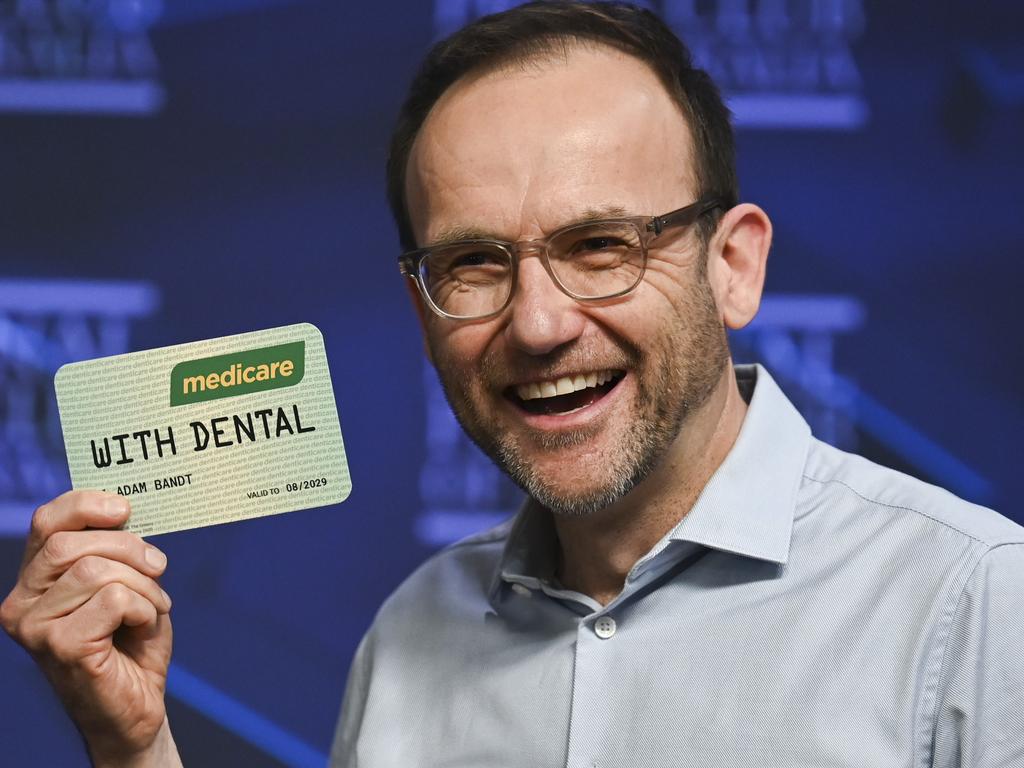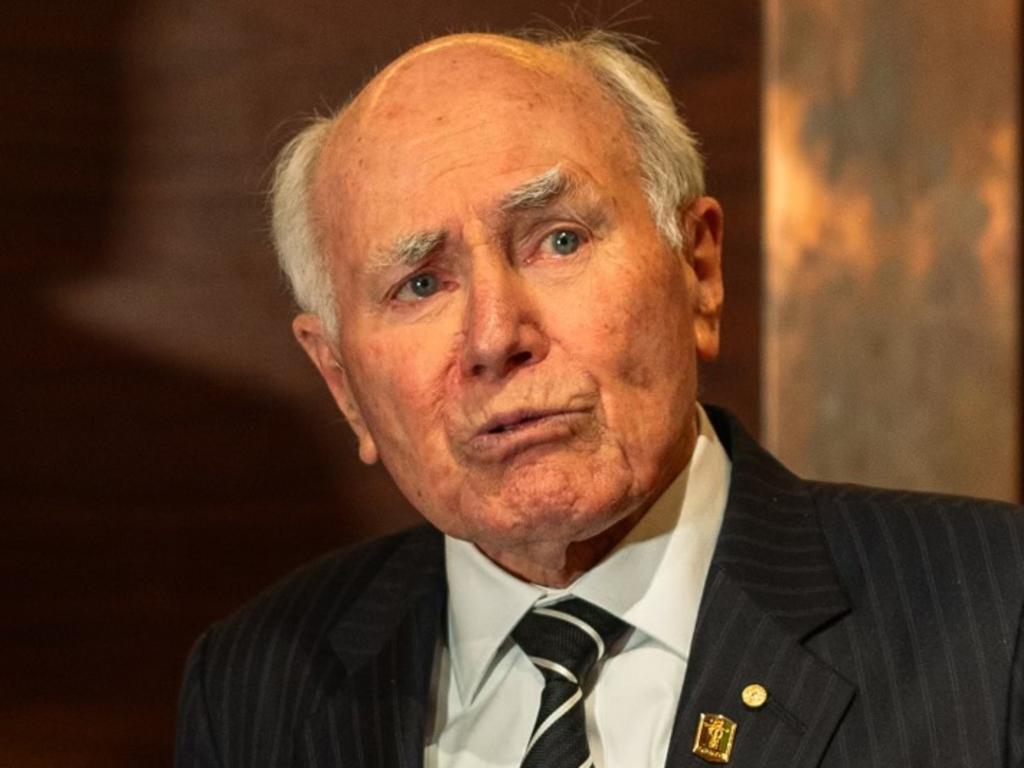
In this instance, the Australian Labor Party’s loss will also be a loss to Australian politics. Shorten made a fine contribution to the trade union movement before entering federal parliament, where he has been a real talent.
No doubt both events will lead to speculation as to what this all means with respect to the lead-up to the forthcoming federal election.
Writing in the Crikey newsletter on September 2, Shakira Hussein commented that “ALP parliamentarians in marginal electorates are right to feel concerned” about the Muslim Votes Matter movement.
This is a common view – but is it correct? The seats most frequently cited as ones that might fall to a Muslim or Greens party challenging Labor sitting members are Watson and Blaxland – held by cabinet ministers Tony Burke and Jason Clare respectively.
It is most unlikely that either sitting member will be defeated. The Muslim population of Watson is around 25 per cent – not all of whom are eligible to vote in view of their age and citizenship status. In Blaxland, the comparable figure is 32 per cent. Both numbers are a long way south of acquiring 50.1 per cent of the total vote after the distribution of preferences.
The Greens Party, under the leadership of Adam Bandt, is a hard-left entity that appeals primarily to some inner-city professionals in the state and territory capitals. However, Bandt and his parliamentary comrades have scant appeal in such places as southwest Sydney.
And then there is the issue of preferences. In an interview with The Australian’s Joe Kelly and Dennis Shanahan on June 6, Opposition Leader Peter Dutton made it clear he is committed to putting “the Greens last at this election”. Needless to say, any such intention would not be followed if an extremist candidate were also on the ballot. Like a so-called neo-Nazi, for example.
The main point is that Labor will be preferenced ahead of the Greens. Dutton has called on Prime Minister Anthony Albanese to do likewise and get Labor to preference the Coalition candidates ahead of the Greens.
This would be a smart move – since it would reduce the impact of the slogan: “A vote for Labor is a vote for the Greens.” Especially since Greens voters are most likely to preference Labor over Coalition candidates. And it would temper the criticism that if the ALP failed to win a majority of seats in the House of Representatives it would enter into minority government with the Greens.
Dutton’s determination that the Liberal Party preference Labor ahead of the Greens in Maribyrnong is likely to ensure that Shorten’s successor will hold the seat for Labor even if there is a decline in the ALP’s primary vote consequent upon the retirement of a popular local member.
At this time, it is appropriate to remember Bandt’s election as member for Melbourne in 2010. The Liberals gave him their preferences over Labor and 80 per cent of Liberal voters followed their party’s how-to-vote card. It’s a lesson of which Dutton is well aware.
In recent months, for the first time, some commentators have been speculating that Dutton might be able to form a minority government after the next election. The scenario entails that the Coalition wins more seats than Labor – assuming it will not win a majority of seats in its own right. Both outcomes are unlikely. However, neither is impossible.
As the column has pointed out previously, only four Liberals have led their party into office from opposition; Robert Menzies (1949), Malcolm Fraser (1975), John Howard (1996) and Tony Abbott (2013). None were very popular at the time of victory. But all four exuded strength and had a clear agenda different from Labor.
Indeed it is a widely held belief in the Liberal Party that Abbott could have defeated Labor prime minister Julia Gillard in 2010 if the party in NSW were fit for purpose at the organisational level. The delay of the NSW division to preselect candidates in winnable seats was very costly. In the event, Gillard stitched up a minority government with the support of the Greens and a couple of independents from electorates that supported the Coalition in the Senate vote.
Like Menzies, Fraser, Howard and Abbott, Dutton is a Liberal leader who really wants to win. This explains the decision of the Liberal Party’s federal executive to appoint a committee of management to replace the party’s NSW state executive for a period of 10 months. That is up until mid-2025 and beyond the next election. This followed a report by experienced Liberal operative Brian Loughnane.
The Liberal Party federal executive recommended that the committee comprise two Victorian-based former presidents – Richard Alston and Alan Stockdale – and former NSW minister Rob Stokes. The latter position was determined by the NSW division with the choice to be made by the NSW Opposition Leader Mark Speakman.
In what became another error by the NSW division, Stokes indicated he did not want the position. This is how Speakman explained the situation at a media conference on Wednesday: “He (Stokes) indicated to me a happiness to serve. I conveyed that to federal identities. There was, off the record I thought, private discussions about other possibilities. But I had no knowledge that his name was going to be put forward to a federal executive meeting.”
Sure it sounds like a stuff-up concerning the choice along with the failure to choose an experienced woman. But this misses the central point. The NSW state executive has been replaced. This is the first time since the Liberal Party’s creation in 1944 that such an action has been taken.
Who knows? The Liberal Party’s temporary replacement of the NSW executive may turn out to be more important than the Muslim Votes Matter campaign. But, as the cliche goes, only time will tell.
Gerard Henderson is executive director of The Sydney Institute.







The political week commenced with the launch of the Muslim Votes Matter campaign last Sunday at the Broadmeadows Town Hall in northern Melbourne. And it ended on Thursday with Labor frontbencher Bill Shorten’s announcement that he will be resigning as the member for Maribyrnong in inner-city Melbourne early next year.